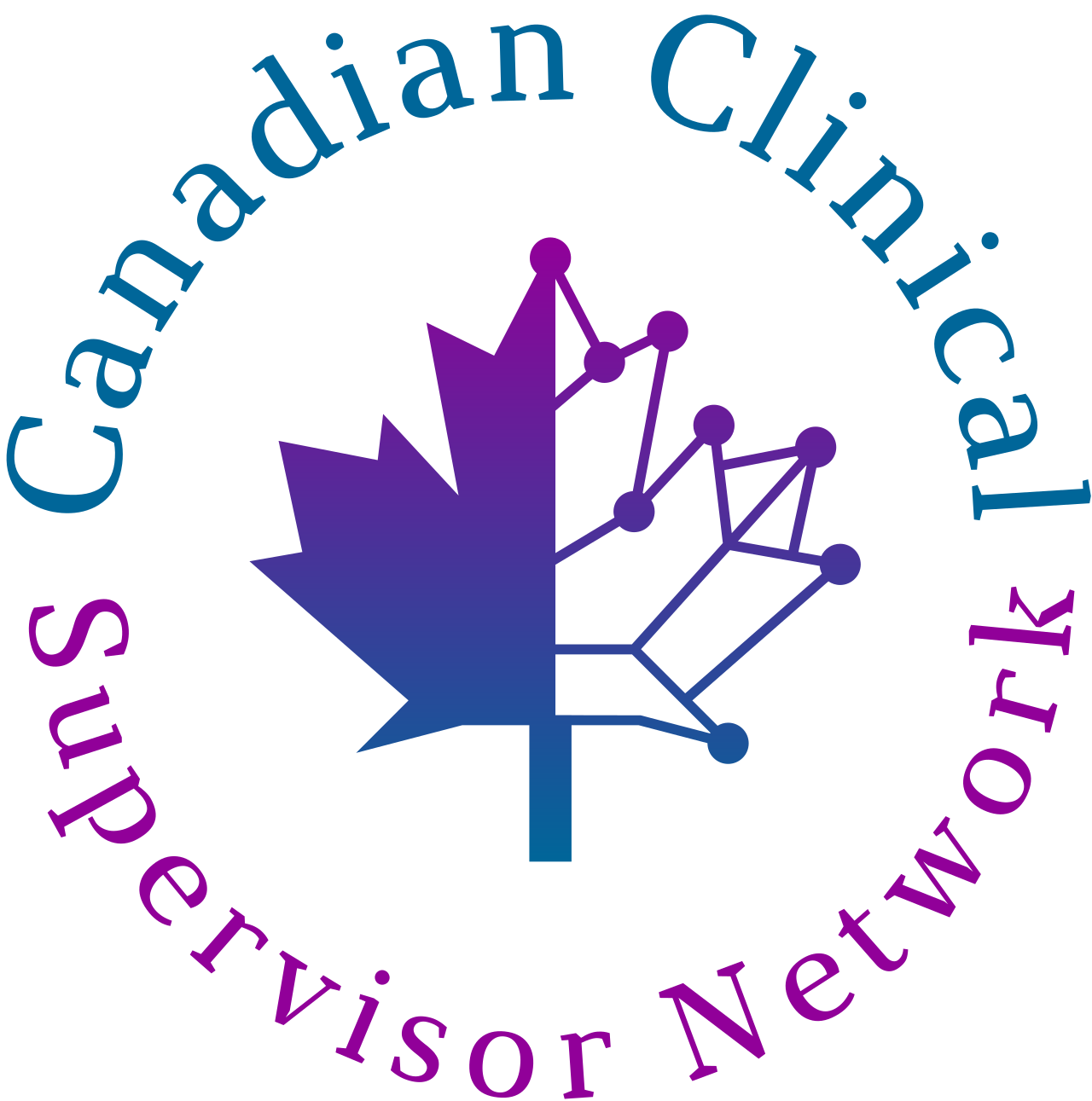Clinical supervision is a cornerstone of professional development for therapists. It ensures that practitioners continue to refine their skills, adhere to ethical standards, and provide the best possible care to their clients. Whether you’re a novice therapist or a seasoned professional looking to enhance your supervisory skills, having a solid collection of resources is invaluable. Here’s a curated list of must-read books on clinical supervision:
1. “Clinical Supervision: A Competency-Based Approach” by Carol A. Falender and Edward P. Shafranske
This comprehensive guide emphasizes the development of competencies in clinical supervision. It offers detailed frameworks and practical strategies, making it a vital resource for both new and experienced supervisors.
2. “The Complete Guide to Clinical Supervision” by Robin Shohet and Peter Hawkins
A thorough exploration of various supervision models and practices, this book provides insights into the relational aspects of supervision and includes numerous case studies to illustrate key points.
3. “Supervision Essentials for Psychodynamic Psychotherapies” by Jane L. Giddings
Focused on psychodynamic approaches, this book outlines essential techniques and considerations for supervising therapists who practice psychodynamic psychotherapy.
4. “Clinical Supervision Activities for Increasing Competence and Self-Awareness” by Roy A. Bean, Sean D. Davis, and Maureen P. Davey
This resource offers a variety of activities designed to enhance the competence and self-awareness of both supervisors and supervisees. It is practical and interactive, making supervision sessions more engaging.
5. “Skills in Clinical Supervision: A Practical Guide for Supervisees” by Michael Carroll
Aimed at supervisees, this guide helps therapists make the most out of their supervision. It covers essential skills and offers strategies for addressing common challenges in the supervisory relationship.
6. “The Art of Clinical Supervision: A Pastoral Counseling Perspective” by Randolph K. Sanders
This book integrates pastoral counseling with clinical supervision, providing a unique perspective that blends spiritual and psychological support within the supervision process.
7. “Clinical Supervision: A Practical Guide for Counsellors & Psychotherapists” by Tony Butterworth
A practical guide that covers a wide range of supervision models and practices, this book is particularly useful for those working in diverse therapeutic settings.
8. “The Clinical Supervision Toolkit: Nurturing the Next Generation of Mental Health Clinicians” by Thommi Lawson and Sarah Brotsky
Packed with tools and resources, this book aims to equip supervisors with everything they need to support the professional growth of new mental health clinicians.
9. “Becoming an Ethical Helping Professional: Cultural and Philosophical Foundations” by Rita Sommers-Flanagan and John Sommers-Flanagan
Ethical practice is a critical component of effective supervision. This book delves into the cultural and philosophical underpinnings of ethical behavior, offering guidance for supervisors and supervisees alike.
10. “Creative Clinical Supervision: The Play of Self and Other” by Anne B. Kearney and Patrice Moulton
Emphasizing creativity in supervision, this book encourages supervisors to use innovative approaches to foster growth and development in their supervisees. It explores various creative techniques that can be incorporated into supervision.
Conclusion
Investing in your development as a clinical supervisor not only enhances your own practice but also contributes to the growth and effectiveness of the therapists you supervise. These books provide valuable insights, practical strategies, and innovative ideas to help you become a more effective and supportive supervisor. Whether you are looking for foundational knowledge or advanced techniques, this collection offers something for everyone in the field of clinical supervision.


